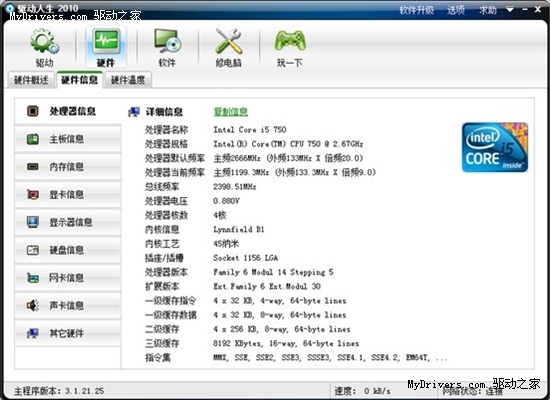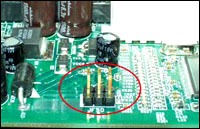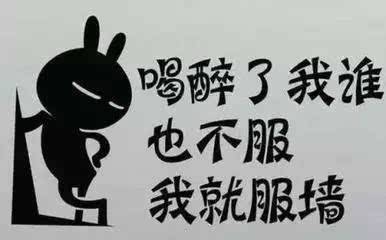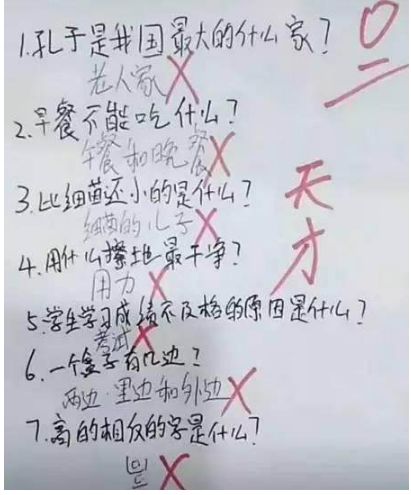一个通用的遍历函数 , 可以用来遍历对象和数组. 数组和含有一个length属性的伪数组对象 (伪数组对象如function的arguments对象)以数字索引进行遍历,从0到length-1, 其它的对象通过的属性进行遍历.
$.each()与$(selector).each()不同, 后者专用于jquery对象的遍历, 前者可用于遍历任何的集合(无论是数组或对象),如果是数组,回调函数每次传入数组的索引和对应的值(值亦可以通过this 关键字获取,但javascript总会包装this 值作为一个对象—尽管是一个字符串或是一个数字),方法会返回被遍历对象的第一参数。
例子:———传入数组
<!DOCTYPE html>
<html>
<head>
<script src=”http://code.jquery.com/jquery-latest.js”></script>
</head>
<body>
<script>
$.each([52, 97], function(index, value) {
alert(index + ‘: ‘ + value);
});
</script>
</body>
</html>
//输出
0: 52
1: 97
例子:———如果一个映射作为集合使用,回调函数每次传入一个键-值对
<!DOCTYPE html>
<html>
<head>
<script src=”http://code.jquery.com/jquery-latest.js”></script>
</head>
<body>
<script>
var map = {
‘flammable': ‘inflammable',
‘duh': ‘no duh'
};
$.each(map, function(key, value) {
alert(key + ‘: ‘ + value);
});
</script>
</body>
</html>
//输出
flammable: inflammable
duh: no duh
例子:———回调函数中 return false时可以退出$.each(), 如果返回一个非false 即会像在for循环中使用continue 一样, 会立即进入下一个遍历
<!DOCTYPE html>
<html>
<head>
<style>
div { color:blue; }
div#five { color:red; }
</style>
<script src=”http://code.jquery.com/jquery-latest.js”></script>
</head>
<body>
<div id=”one”></div>
<div id=”two”></div>
<div id=”three”></div>
<div id=”four”></div>
<div id=”five”></div>
<script>
var arr = [ "one", "two", "three", "four", "five" ];//数组
var obj = { one:1, two:2, three:3, four:4, five:5 }; // 对象
jQuery.each(arr, function() { // this 指定值
$(“#” + this).text(“Mine is ” + this + “.”); // this指向为数组的值, 如one, two
return (this != “three”); // 如果this = three 则退出遍历
});
jQuery.each(obj, function(i, val) { // i 指向键, val指定值
$(“#” + i).append(document.createTextNode(” – ” + val));
});
</script>
</body>
</html>
// 输出
Mine is one. – 1
Mine is two. – 2
Mine is three. – 3
- 4
- 5
例子:———遍历数组的项, 传入index和value
<!DOCTYPE html>
<html>
<head>
<script src=”http://code.jquery.com/jquery-latest.js”></script>
</head>
<body>
<script>
$.each( ['a','b','c'], function(i, l){
alert( “Index #” + i + “: ” + l );
});
</script>
</body>
</html>
例子:———遍历对象的属性,传入 key和value
<!DOCTYPE html>
<html>
<head>
<script src=”http://code.jquery.com/jquery-latest.js”></script>
</head>
<body>
<script>
$.each( { name: “John”, lang: “JS” }, function(k, v){
alert( “Key: ” + k + “, Value: ” + v );
});
</script>
</body>
</html>
正自评论的例子
1. 如果不想输出第一项 (使用retrun true)进入 下一遍历
<!DOCTYPE html>
<html>
<head>
<script src=”http://code.jquery.com/jquery-latest.js”></script>
</head>
<body>
<script>
var myArray=["skipThis", "dothis", "andThis"];
$.each(myArray, function(index, value) {
if (index == 0) {
return true; // equivalent to ‘continue' with a normal for loop
}
// else do stuff…
alert (index + “: “+ value);
});
</script>
</body>
</html>















